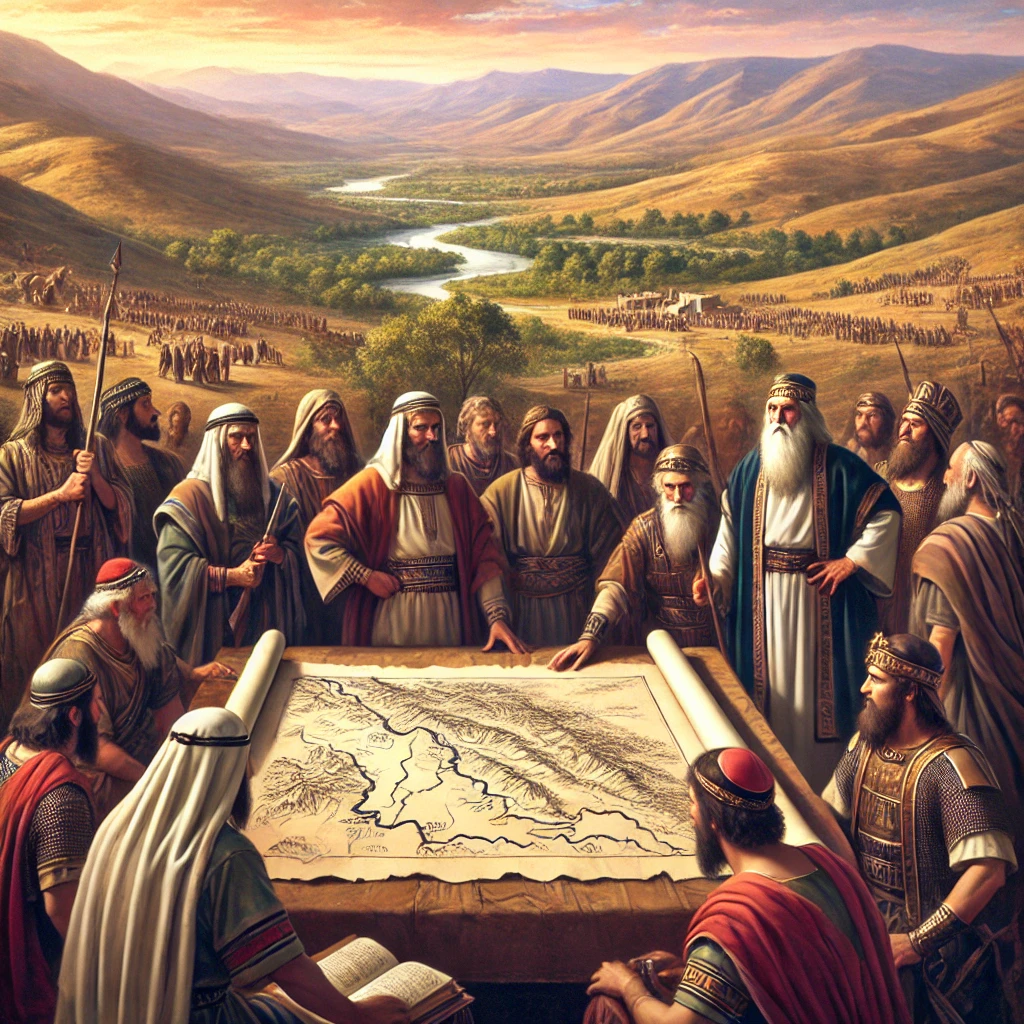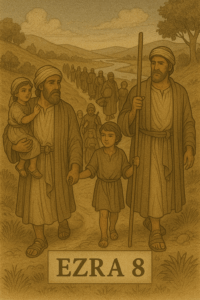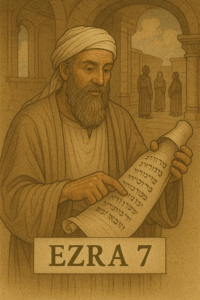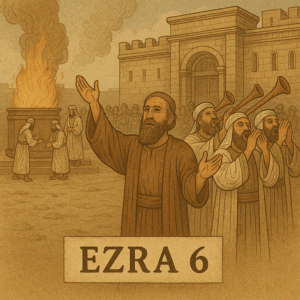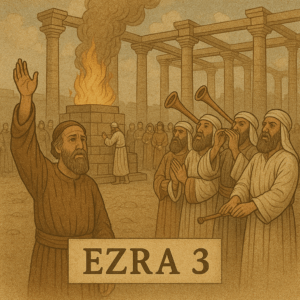Introduction.
Joshua Chapter 15 details the allotment of land to the tribe of Judah, highlighting the organization and distribution of the Promised Land among the Israelites. This chapter emphasizes themes of inheritance, divine promise, and the significance of territorial boundaries. In this blog post, we delve into the key elements of Joshua Chapter 15 and explore the lessons they offer.
The boundaries of Judah’s territory.
The chapter begins by outlining the specific boundaries of the territory allotted to the tribe of Judah. Joshua 15:1-12 provides a detailed description of these borders:
“The allotment for the tribe of Judah, according to its clans, extended down to the territory of Edom, to the Desert of Zin in the extreme south. Their southern boundary started from the bay at the southern end of the Dead Sea, crossed south of Scorpion Pass, continued on to Zin and went over to the south of Kadesh Barnea. Then it ran past Hezron up to Addar and curved around to Karka…”
This meticulous detailing of boundaries underscores the importance of clear territorial delineation for the tribes of Israel.
Caleb’s inheritance.
Caleb, a prominent figure in the conquest of Canaan, receives his inheritance within Judah’s territory. Joshua 15:13-14 highlights his portion:
“In accordance with the Lord’s command to him, Joshua gave to Caleb son of Jephunneh a portion in Judah—Kiriath Arba, that is, Hebron. (Arba was the forefather of Anak.) From Hebron Caleb drove out the three Anakites—Sheshai, Ahiman and Talmai, the sons of Anak.”
Caleb’s inheritance and his continued conquest of the land serve as a testament to his faith and dedication.
The city of Debir and Othniel’s victory.
The chapter also recounts the capture of the city of Debir. Caleb offers his daughter, Aksah, in marriage to whoever captures the city. Joshua 15:16-17 describes this event:
“And Caleb said, ‘I will give my daughter Aksah in marriage to the man who attacks and captures Kiriath Sepher.’ Othniel son of Kenaz, Caleb’s brother, took it; so Caleb gave his daughter Aksah to him in marriage.”
This story emphasizes the value placed on bravery and leadership within the community.
The towns of Judah.
Joshua 15:20-63 lists the towns within Judah’s territory, divided into various regions. This comprehensive listing provides a clear organizational structure for the tribe’s inheritance:
“This is the inheritance of the tribe of Judah, according to its clans: The southernmost towns of the tribe of Judah in the Negev toward the boundary of Edom were: Kabzeel, Eder, Jagur, Kinah, Dimonah, Adadah…”
The detailed enumeration of towns ensures that each family and clan within Judah knows its specific inheritance.
Lessons from Joshua chapter 15.
- Divine allocation: The meticulous detailing of boundaries and towns reflects the divine allocation of land. It underscores the importance of God’s guidance in the distribution of resources and inheritance.
- Inheritance and responsibility: Caleb’s example of actively conquering and claiming his inheritance highlights the responsibility that comes with receiving God’s promises. It encourages proactive engagement in fulfilling God’s plans.
- Leadership and valor: The story of Othniel’s victory and marriage to Aksah emphasizes the value of leadership and bravery. It serves as an inspiration for taking initiative and demonstrating courage.
- Organization and clarity: The detailed listing of towns and boundaries showcases the importance of organization and clarity in communal living. Clear delineation of responsibilities and territories helps maintain order and harmony.
Conclusion.
Joshua Chapter 15 is a chapter that details the allotment of land to the tribe of Judah. It highlights the themes of divine allocation, responsibility in inheritance, leadership, and the importance of organization. As we reflect on this chapter, let us be inspired to embrace our inheritances with responsibility, demonstrate leadership and valor, and value organization in our endeavors.
